The first requisite for the happiness of the people is the abolition of religion
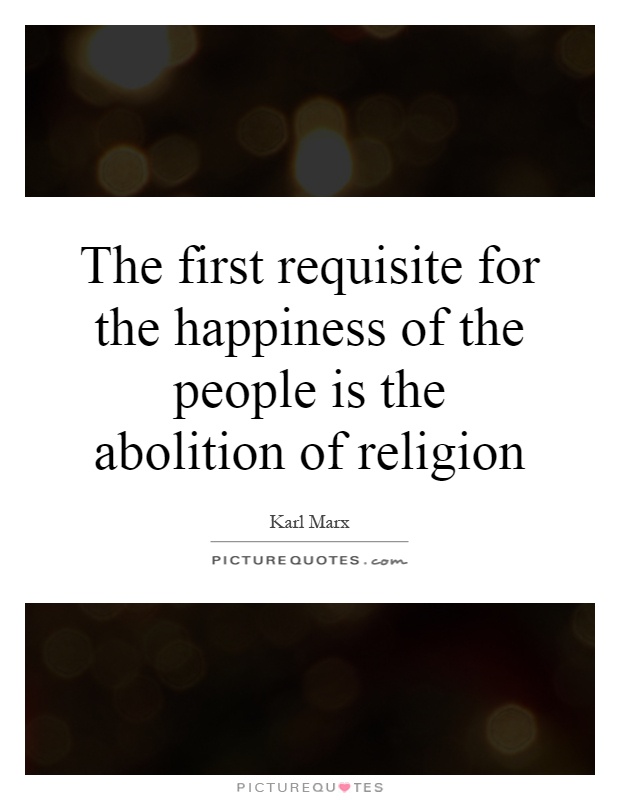
The first requisite for the happiness of the people is the abolition of religion
Karl Marx, a renowned philosopher, economist, and sociologist, is often associated with the idea that religion is a hindrance to the happiness of the people. In his famous quote, "The first requisite for the happiness of the people is the abolition of religion," Marx highlights the detrimental effects of religion on society and argues that its elimination is essential for the well-being of the masses.Marx believed that religion served as a tool of oppression and control by the ruling class. He saw religion as a means through which the bourgeoisie maintained their power and exploited the proletariat. By promoting the idea of a higher power and an afterlife, religion encouraged the working class to accept their suffering and exploitation in the present life, with the promise of reward in the next. This, according to Marx, prevented the proletariat from rising up against their oppressors and fighting for their rights.
Furthermore, Marx viewed religion as a form of false consciousness that distracted people from the harsh realities of their material conditions. By focusing on spiritual matters and the afterlife, individuals were diverted from addressing the economic and social inequalities that plagued society. This, in turn, perpetuated the status quo and prevented any meaningful change from occurring.
In Marx's view, the abolition of religion was necessary to awaken the masses to their true conditions and inspire them to fight for a more just and equitable society. By removing the opiate of religion, people would be able to see the world as it truly was and recognize the need for collective action to bring about social change.
However, it is important to note that Marx's critique of religion was not a rejection of spirituality or morality. He believed that true happiness could only be achieved through the liberation of the working class and the establishment of a classless society. In this sense, Marx's call for the abolition of religion was not an attack on individual beliefs, but rather a challenge to the oppressive structures that used religion as a tool of control.

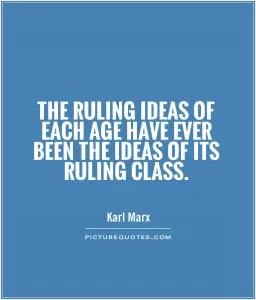
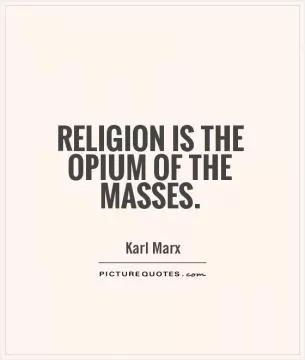
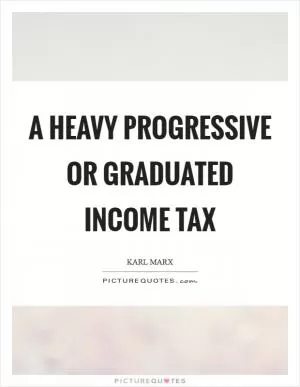
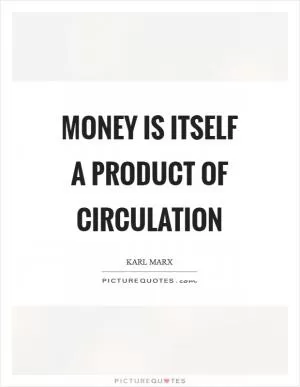
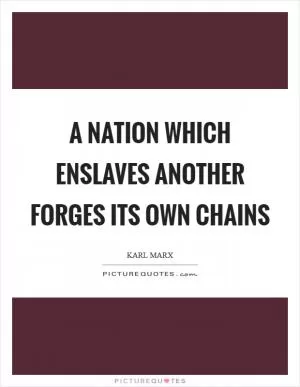
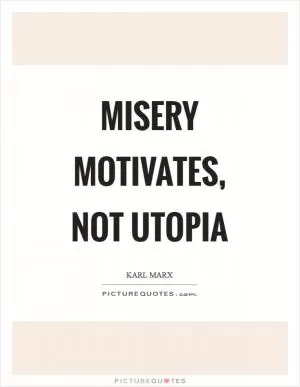


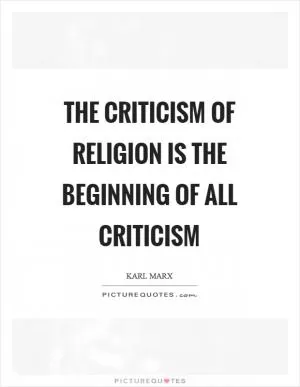
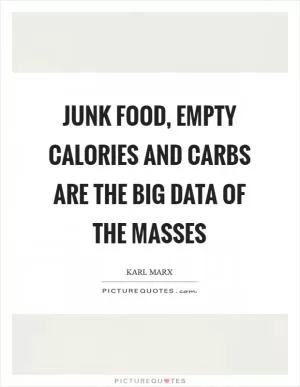
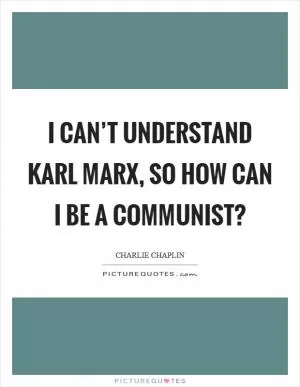
 Friendship Quotes
Friendship Quotes Love Quotes
Love Quotes Life Quotes
Life Quotes Funny Quotes
Funny Quotes Motivational Quotes
Motivational Quotes Inspirational Quotes
Inspirational Quotes